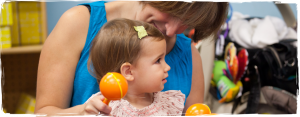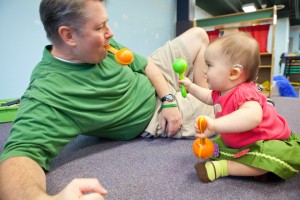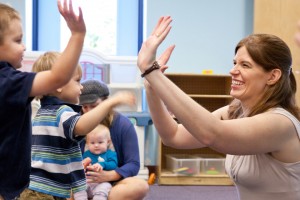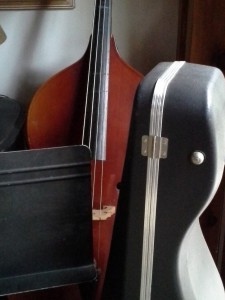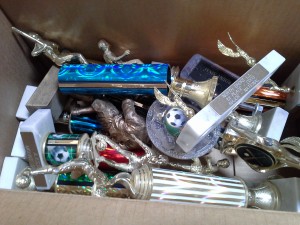Spring is a great time to open all the windows and let some fresh air in. The wind is blowing; the sun is glowing; and it’s time for all of us to go out and play. Join me in singing and playing this celebration of change.
I’m Growing Up Today by Elizabeth Schwartz, LCAT, MT-BC
The wind is blowing
The sun is glowing
And I am going out to play
The wind is blowing
The sun is glowing
And I am going out to play
Growing, growing
I’m growing up today.
Yes, I am growing, I’m growing.
I’m growing up today.
Beth
Looking for more songs? Explore our resources.

